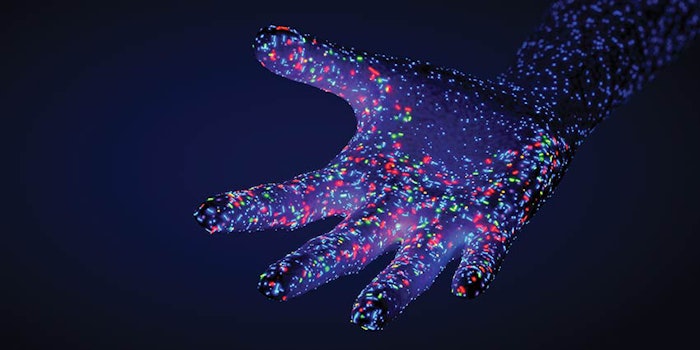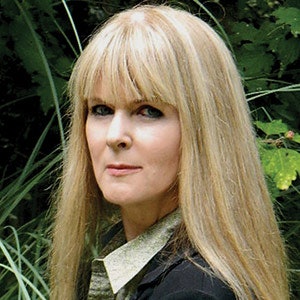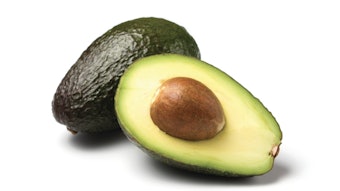
As the largest organ of the body, the skin is colonized by a vast terrain of microorganisms: bacteria, fungi and viruses (see Skin Microbiome) that comprise the ecological community of what is called the human microbiome (often referred to as the flora). The skin microbiota is unique to each individual, just like fingerprint or genotype. Science has identified that these microorganisms number over three times as many as our own cells and account for over one quarter of our body mass.
The microbes of the microbiome may influence the body’s immunity, disease susceptibility, energy, our moods and even behavior.1 Microbiome function and colonization is a highly variable scenario depending on topographical location, innate and adaptive immune responses, host factors and environmental influences. Weather conditions and extreme temperatures, humidity, dryness or increased moisture may influence an increase or decrease in number of microflora. The majority of inhabitants of the skin’s surface are referred to as commensal bacteria and help to support the terrain of the epidermis. The benefits of friendly bacteria include preventing transient pathogenic organisms from colonizing the skin surface, either by contending for fatty acids and nutrients, secreting chemicals against them or stimulating the skin’s immune system. Mainstream scientific and medical research has regarded the increase in skin sensitivity and inflammatory skin diseases as being either correlated or greatly influenced by ecological aberrations and the influx of nutritional deficits and gastrointestinal dysbiosis. For the esthetician, this factor represents a reset consideration as to the complexities of acne, rosacea and the symptomology of what many clients define as “skin sensitivity.”
Continue reading about the Microbiome in our Digital Magazine...












